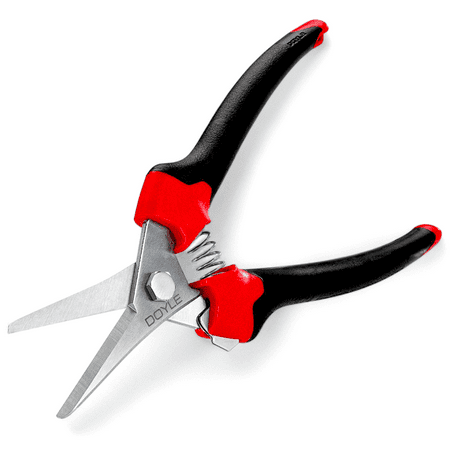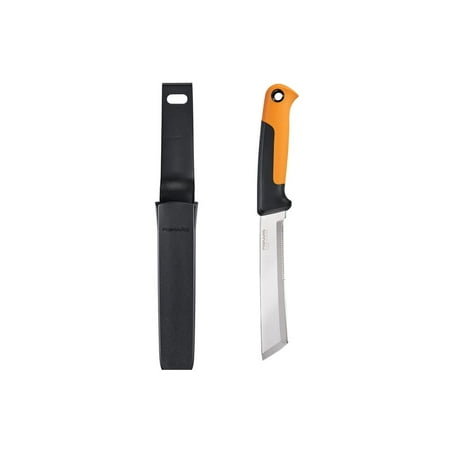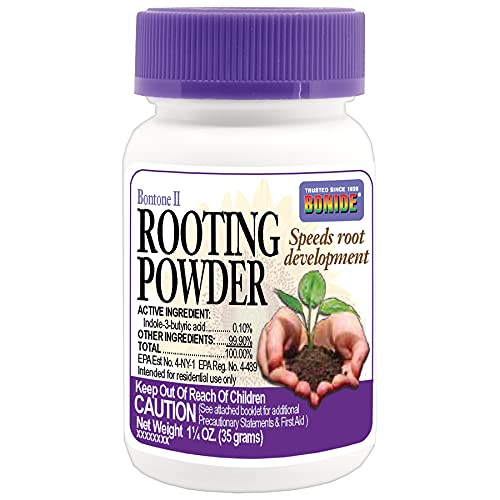7 plants to propagate in August – summer cuttings to take this month
Get lots of new plants for free by taking semi-ripe cuttings in summer

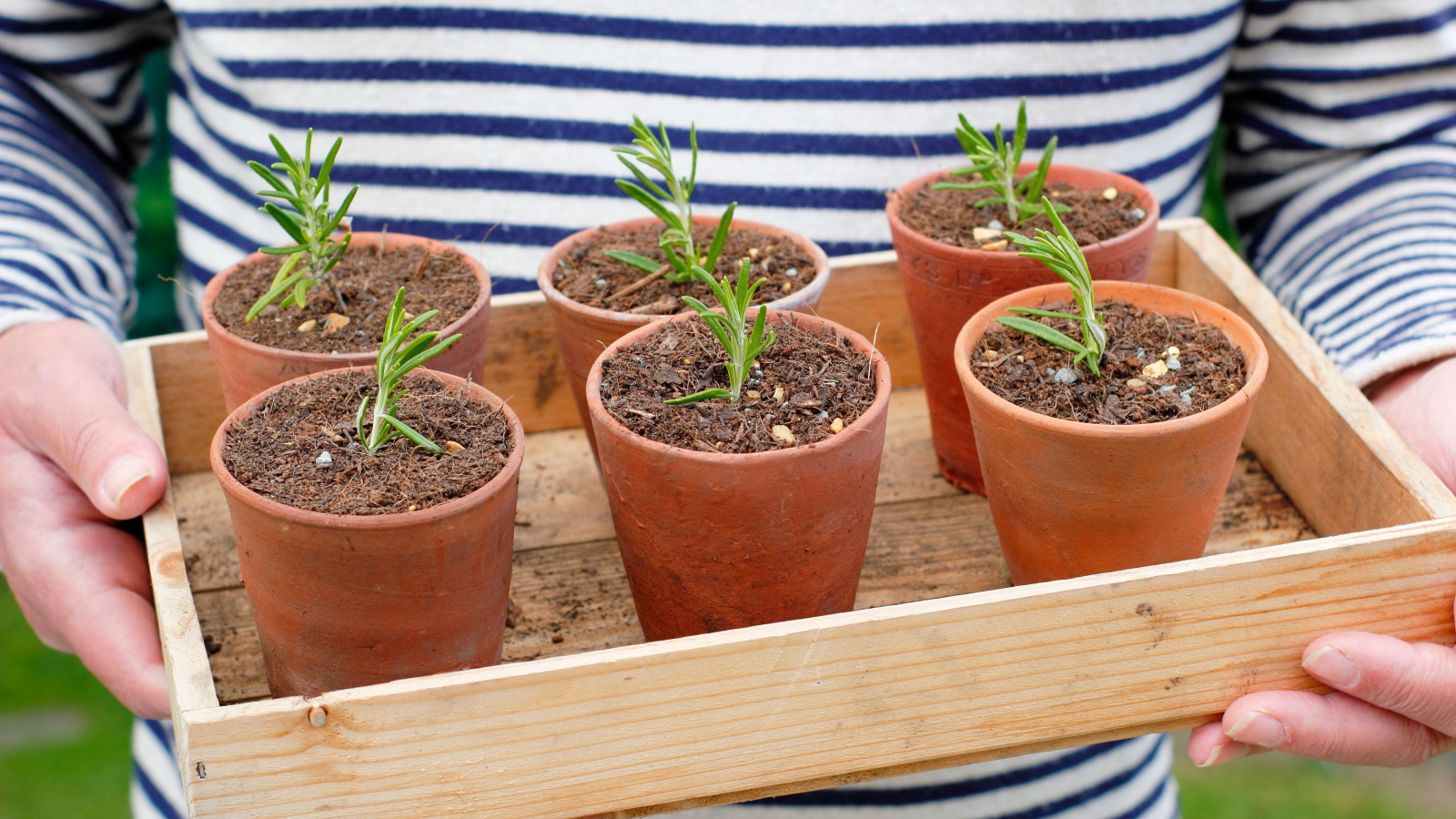
August offers an ideal opportunity to take semi-ripe cuttings and propagate lots of plants to expand your current collection and fill your backyard next year with all these exciting, and free, plants.
The plants are actively growing in summer, increasing the likelihood of cuttings rooting quickly. Semi-ripe cuttings are taken from stems that have grown this year. The stems will have started to harden near the base, but the tips will still be soft.
If you want to take plant cuttings in August, there are many annuals and perennial plants which are ideal candidates. We take a closer look at some of the most popular plants that can be propagated this month to add to your summer gardening checklist.
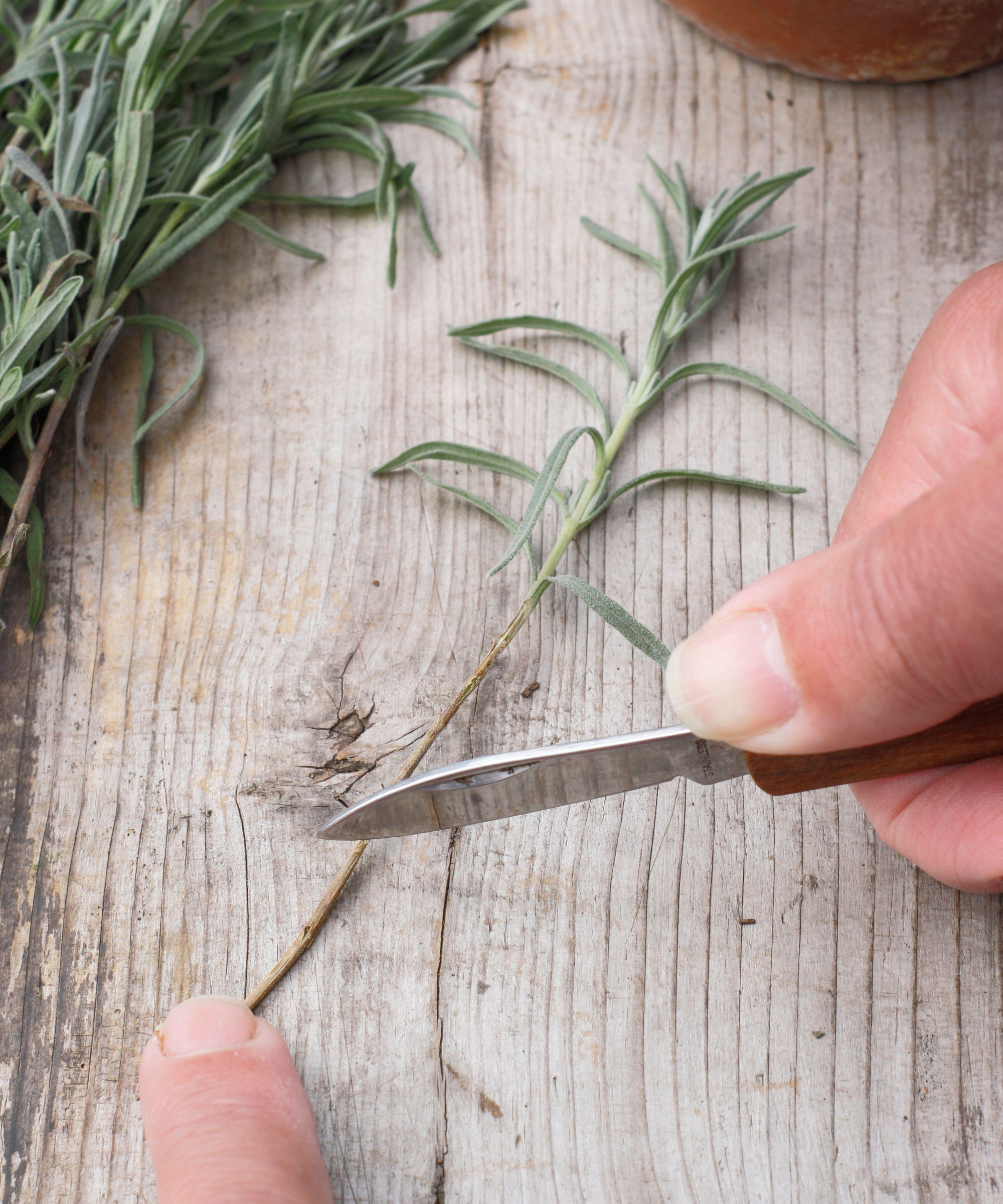
Tips for taking cuttings in August
Semi-ripe cuttings are simple to take during August, though here are a few key tips to ensure success with taking cuttings in summer:
- Only use clean and sharp pruning shears or knife
- Choose straight and healthy non-flowering shoots
- Remove lower leaves and any side shoots
- Place the cutting somewhere warm and light - but not in full sun
Dipping the end of the cutting in rooting hormone can help it root quicker, but it is not a prerequisite. Cuttings can successfully root without being dipped in rooting hormone. It should take 6-8 weeks for summer cuttings to root and they can be kept in a greenhouse or cold frame to overwinter, ready to plant outside next spring.
1. Lavender
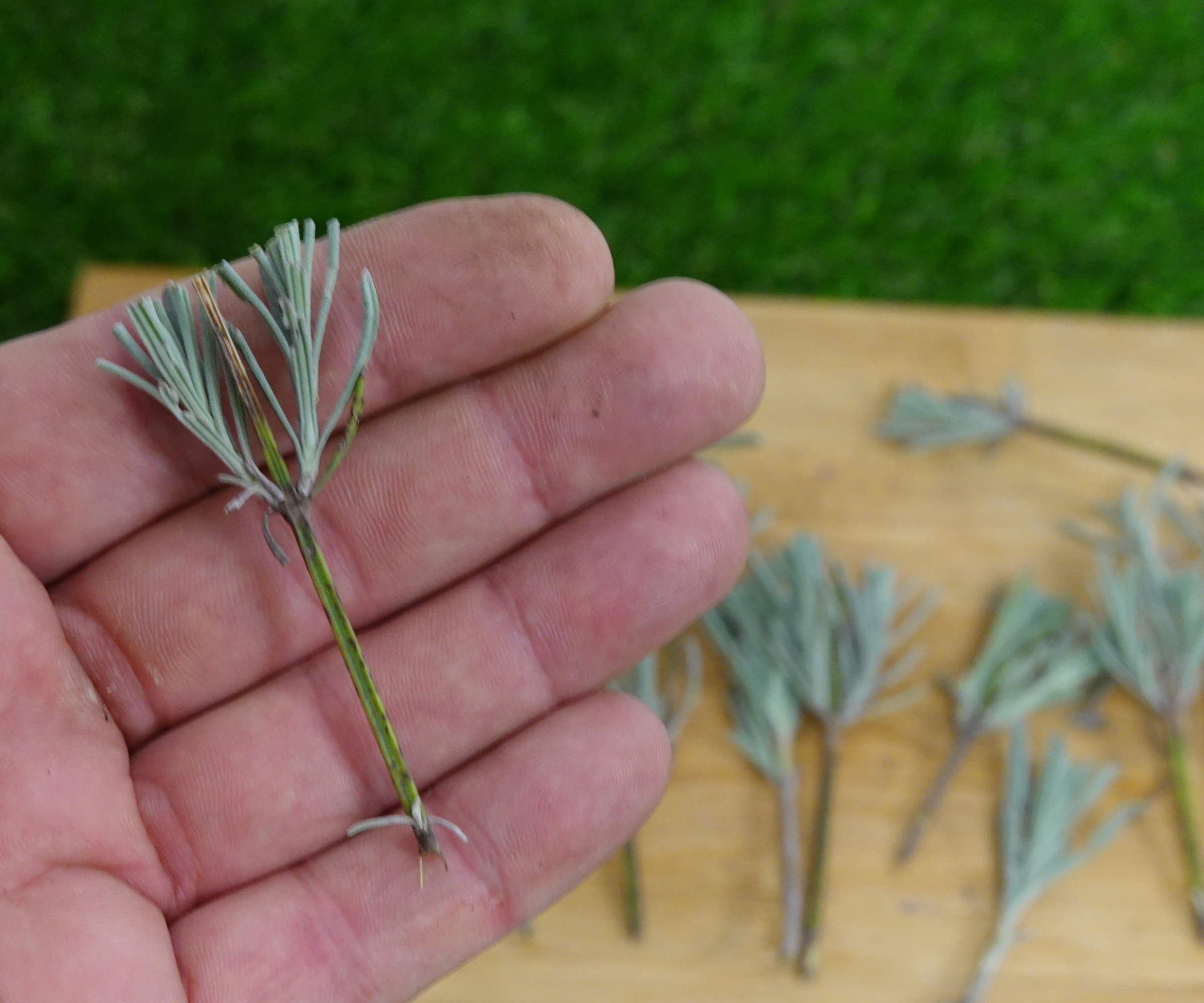
Lavender is universally adored. Recognizable for its glorious purple flowers, grey-green foliage and stunning fragrance, lavender is a hugely popular sight in many backyards. Whether in flower beds, herb gardens, or lining garden paths, there are lots of potential reasons for planting lavender.
If you want to add to your collection from an existing lavender variety in your yard, one option is to harvest lavender seeds and sow them. However, this can be a tricky task so taking lavender cuttings is the easiest way to go. Semi-ripe cuttings can be taken in summer and often represent the simplest way to propagate lavender.
Design expertise in your inbox – from inspiring decorating ideas and beautiful celebrity homes to practical gardening advice and shopping round-ups.
2. Rosemary
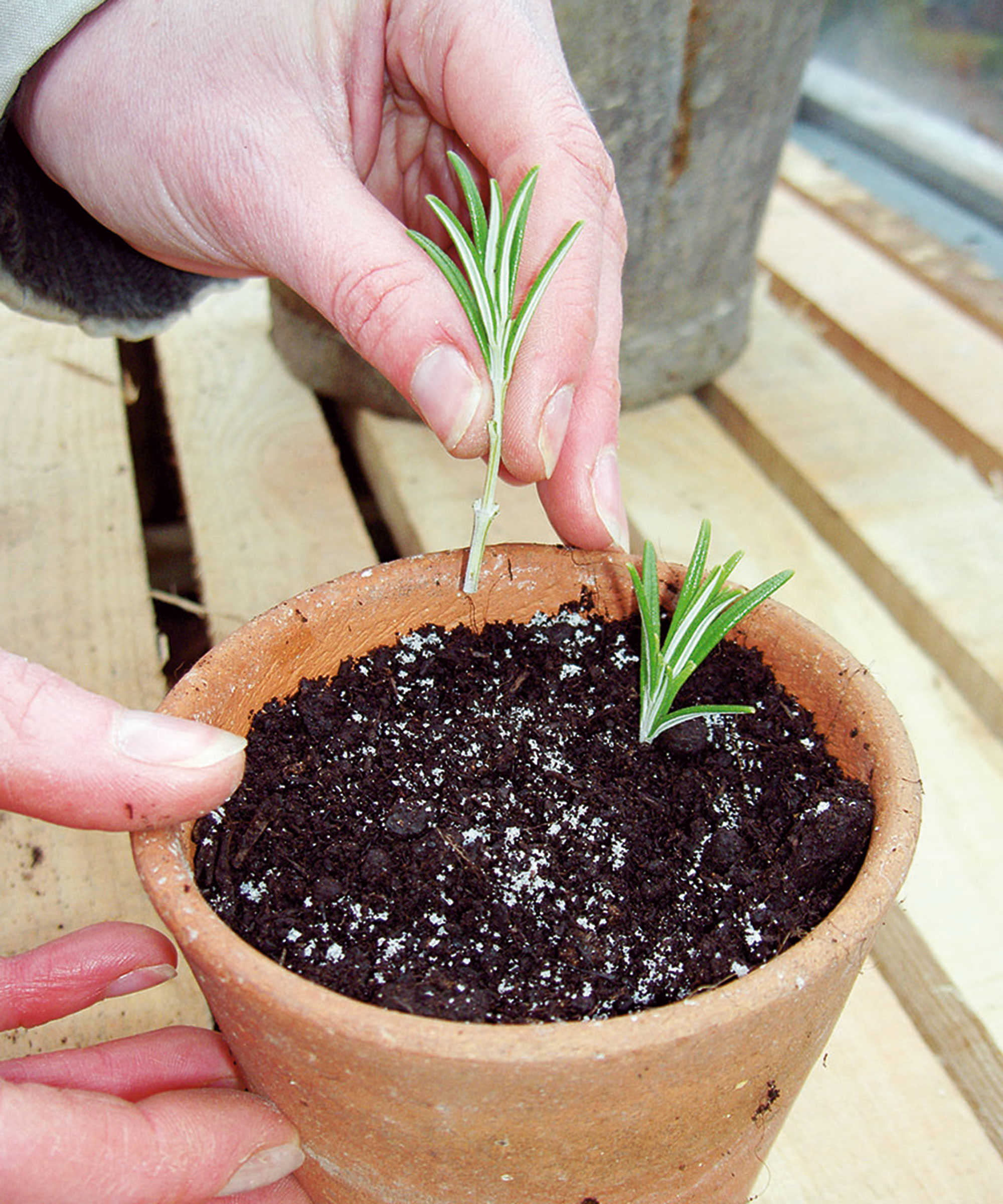
Rosemary is a popular evergreen shrub and aromatic herb, it looks fantastic, smells amazing, and offers a wealth of culinary potential - and that is without mentioning its medicinal qualities. There are so many reasons to grow rosemary at home and taking semi-ripe cuttings is potentially the best way to propagate rosemary.
There is a diverse range of rosemary to add to any backyard ideas, including upright and trailing types and blooms that come in shades of purple, blue, and pink. And you can even successfully grow rosemary indoors.
Any type of rosemary will benefit from pruning to keep plants bushy and compact. Plants do benefit from being replaced after 5-6 years, which is where a regular routine of taking cuttings can help you have a healthy and beautiful rosemary collection year-after-year.
3. Salvia
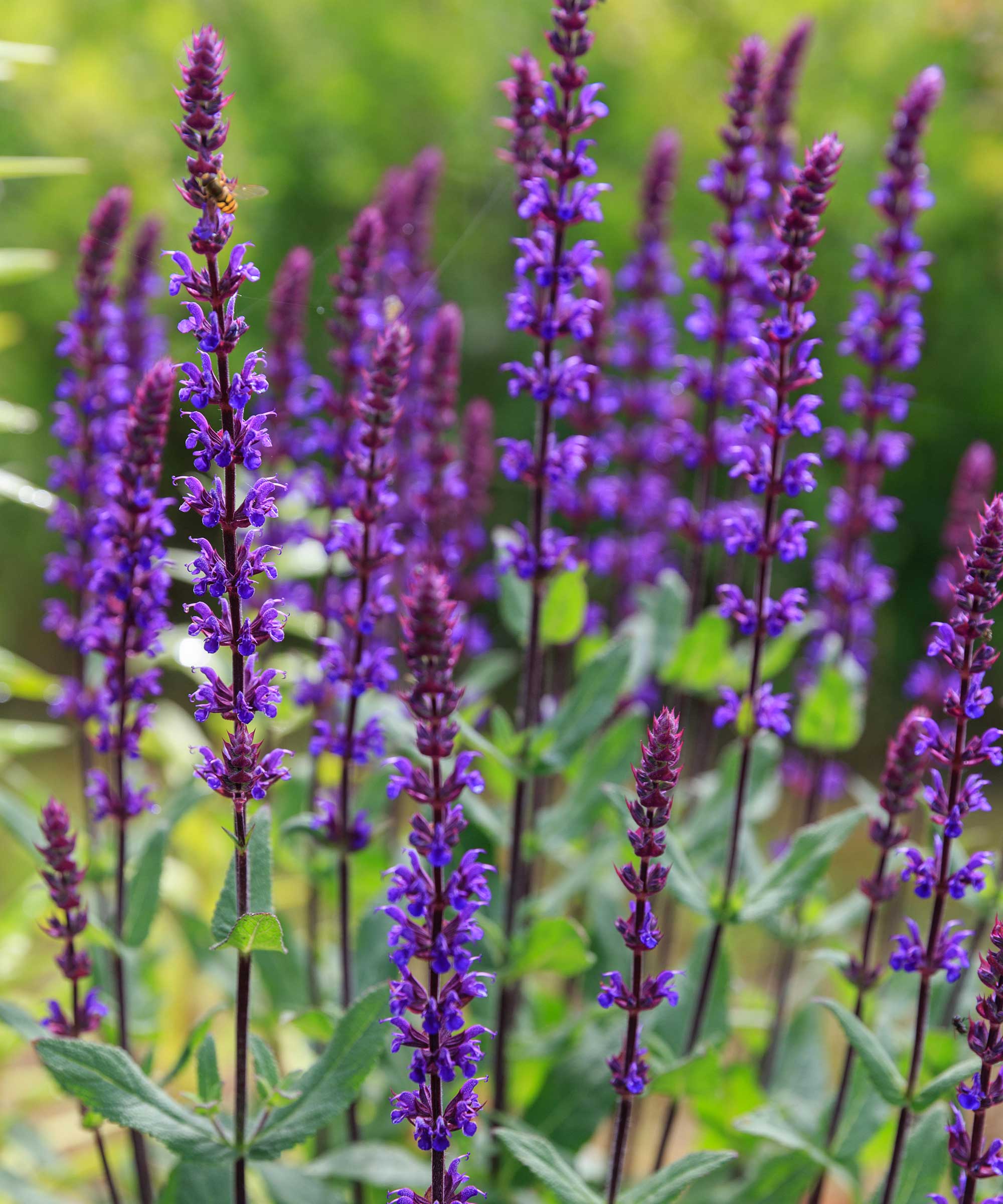
Salvias come in many types and forms, they can be annual or perennial plants and gardeners can choose from a wide range of colors. Whatever type of salvia you grow, they are all great plants for pollinators and will attract bees and butterflies to your backyard.
Both hardy and tender salvias can root quickly and easily from semi-ripe cuttings taken in summer. Propagating salvia from cuttings allows you to get identical plants to the parent, as salvias cross-pollinate and that makes growing from seed more of a gamble as it doesn’t give guaranteed results.
4. Verbena
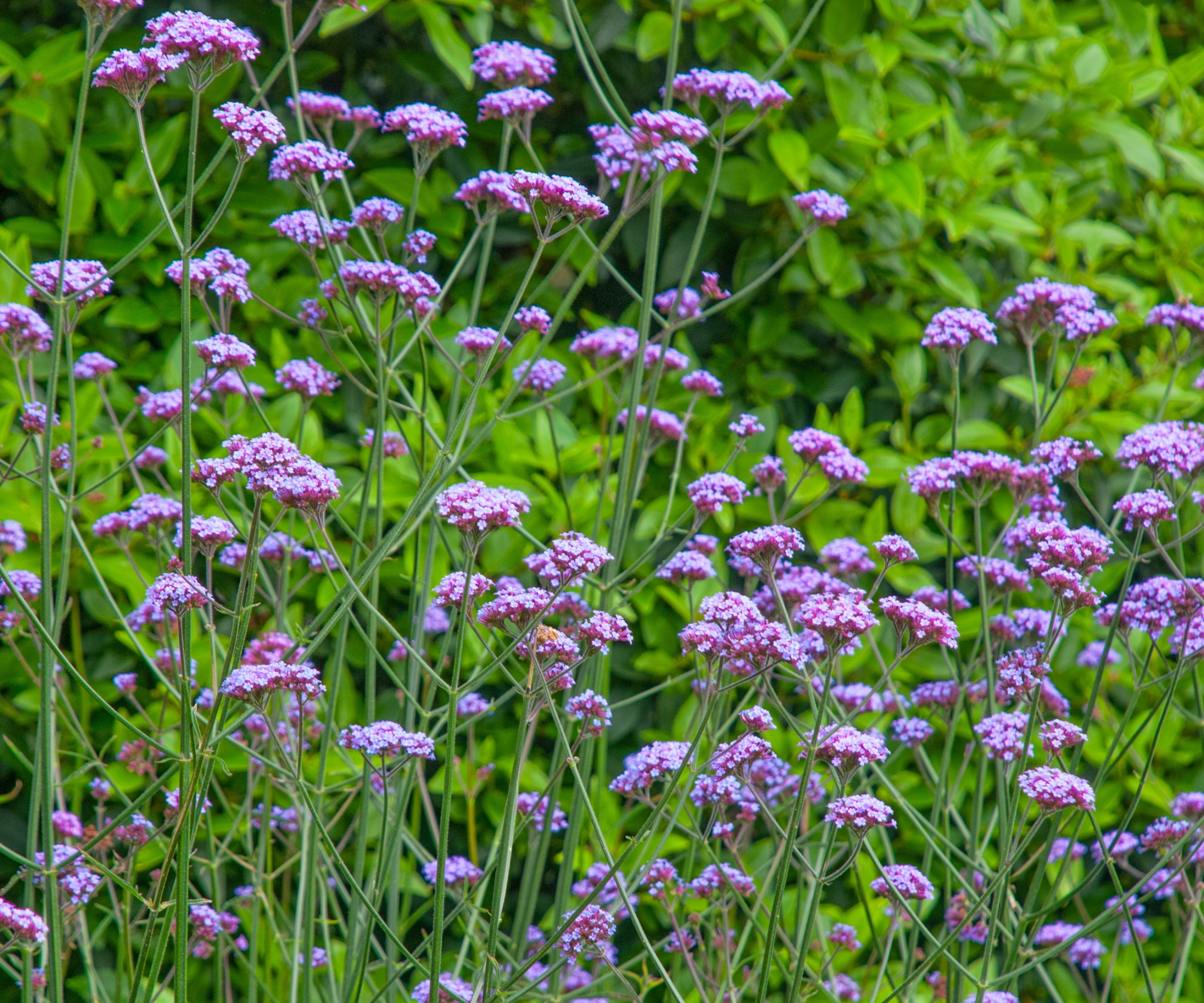
There are hundreds of types of verbena worldwide. Perfect for wildlife gardens, you can grow verbena as an annual, or there are many popular perennial varieties to fill the backyard with blooms for years to come. You can grow verbena from seed, purchase new plants, or, if you want more for free, take cuttings of existing plants.
Both tender and hardy verbenas can be propagated by semi-ripe cuttings in late summer or early fall. Taking cuttings in colder climates is a sensible way to ensure you do not lose all your tender verbenas if the winter temperatures unexpectedly drop more than expected.
Cuttings taken in August may root slower than softwood cuttings taken in late spring and early summer, however, they often take easily and you can enjoy the blooms the following year.
5. Tender geraniums
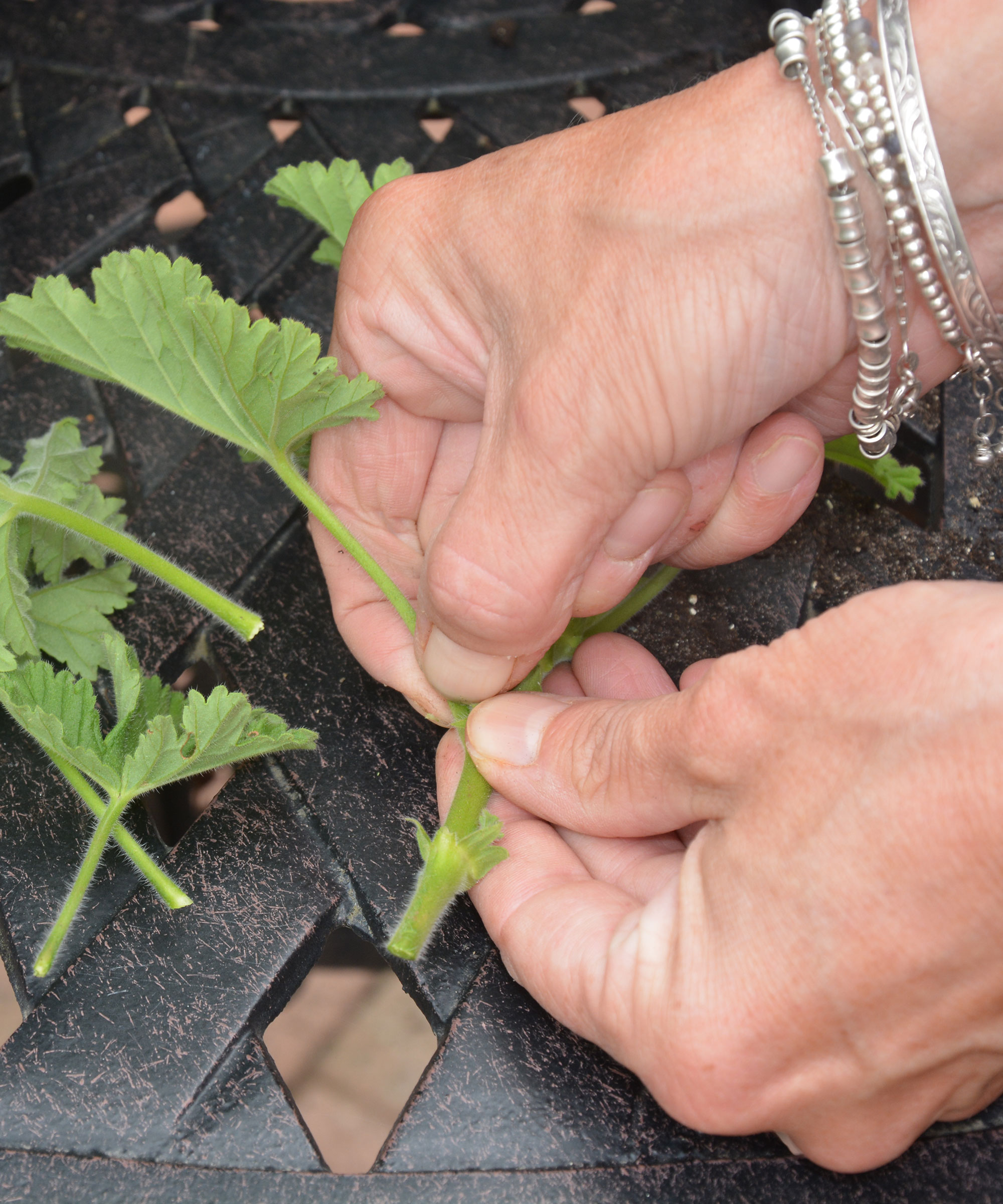
These plants are either known as tender geraniums or pelargoniums and come in many colors and forms. Tender geraniums make great bedding plants in the summer but are not frost-hardy so geraniums do need to be overwintered indoors.
If you want more stock of your favorites, or a gardening buddy has a geranium you are a fan of and want one of your own, taking cuttings in August is a fast and reliable way to propagate bedding geraniums.
The cuttings will root quickly and then go dormant over winter - so at this point be careful with watering as it would be a mistake with cuttings to overwater plants and ruin all that hard work. Geranium cuttings may only need watering every few weeks while overwintering.
6. Penstemon
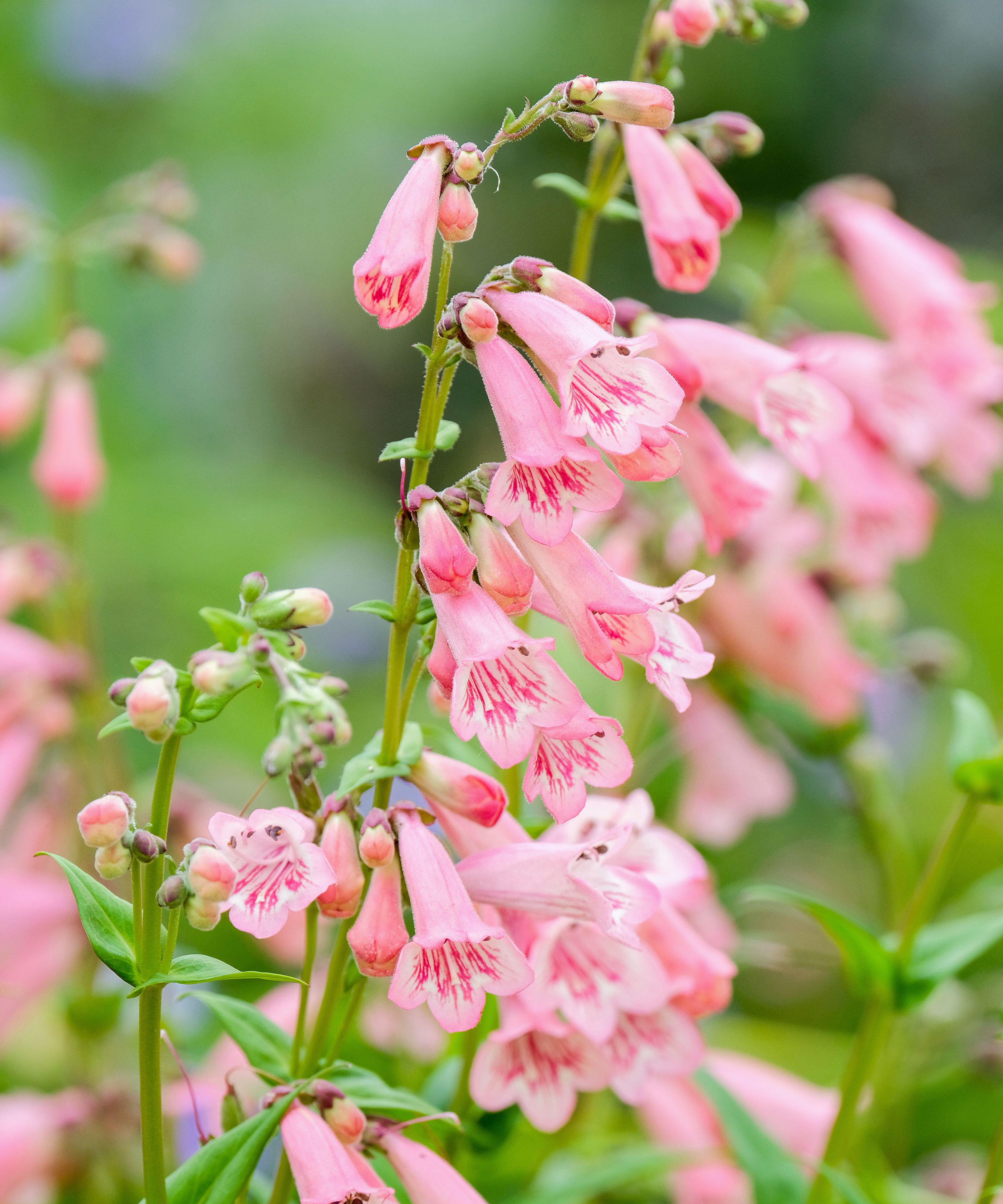
Penstemon, also known as beardtongue, is another great plant to add to any wildlife garden as the flowers attract hummingbirds and many pollinators to the large tubular flower spikes. There are over 250 species of this native plant and they range from small alpines or rock garden plants to tall herbaceous perennials for flower beds and borders.
It is a plant you can cut back in June to get another flush of flowers and come late August, when the base of stems are hardening and the tip of non-flowering shoots remains soft, the summer-flowering perennial will be perfect for a semi-ripe cutting. The cutting wants to be 4-5 inches in length, with two-thirds of this inserted in the compost. Protect the cutting from frost and plant outside come spring.
7. Sage
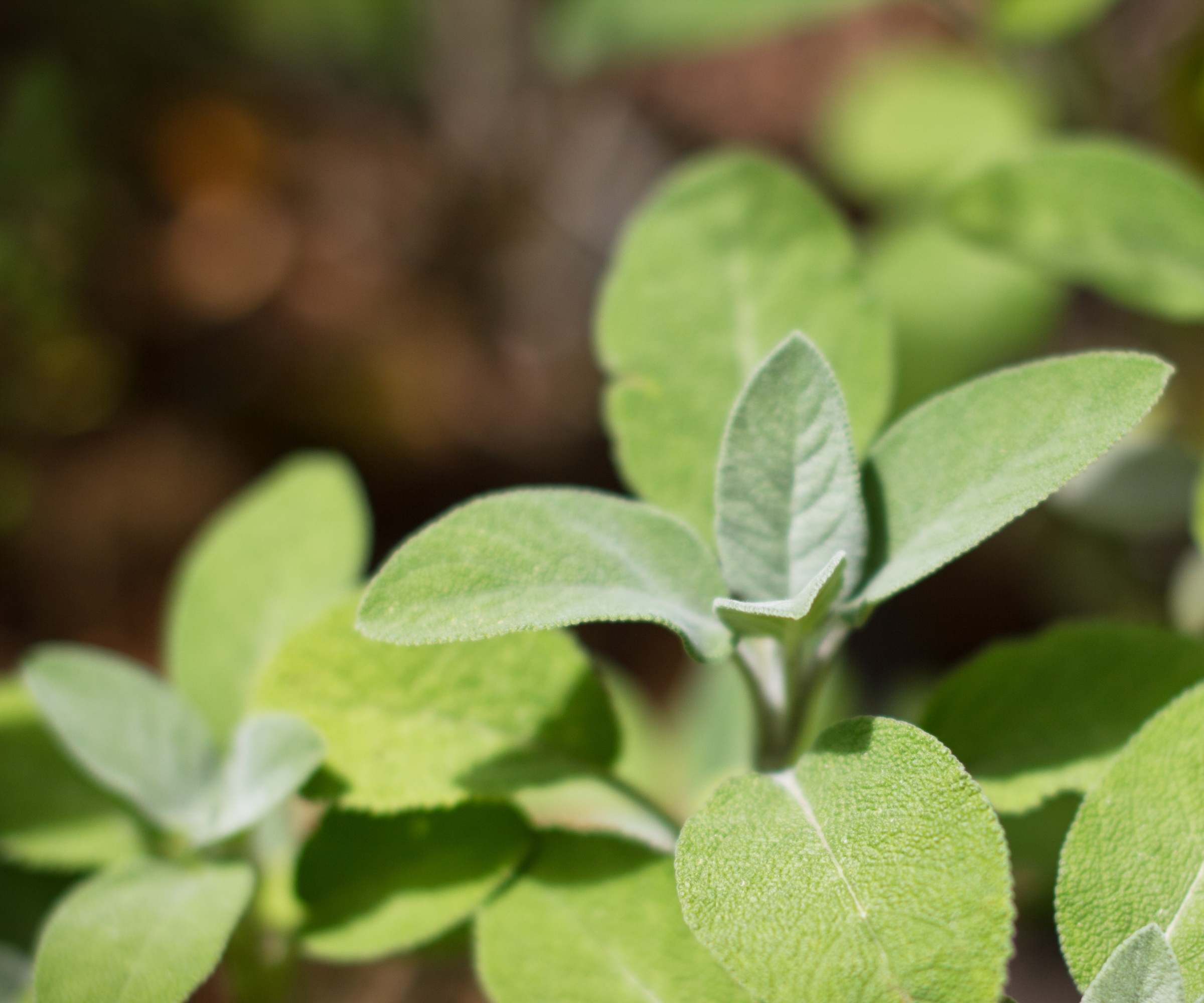
As a short-lived perennial, taking cuttings of sage regularly ensures you never run out of the classic culinary herb. As suited to a flower bed, raised bed, or container garden as to any herb garden, there are hundreds of types of sage - so you are guaranteed to find one you like. When growing sage it is key to prune it regularly to keep the plant bushy and stop it from going leggy.
Sage can be propagated from cuttings throughout the summer and you can place the cutting into soil or propagate in water - just remember to avoid the common water propagation mistake of not changing the water and ensure to keep the contents of the glass fresh.
Shop products for plant cuttings
FAQs
Can I take rose cuttings in August?
Rose cuttings can be taken as hardwood or softwood cuttings, however, midsummer is not an ideal time for either. Hardwood cuttings are taken when the rose is dormant, while softwood cuttings want to be taken in the form of new young growth in late spring or early summer.
It is not only by taking cuttings that you can get ahead with plants for next year. There are many hardy annual flowers you can sow in August to fill your garden with earlier blooms next spring, including the likes of snapdragons, nigella, calendula, and larkspur.

Drew has worked as a writer since 2008 and was also a professional gardener for many years. As a trained horticulturist, he worked in prestigious historic gardens, including Hanbury Hall and the world-famous Hidcote Manor Garden. He also spent time as a specialist kitchen gardener at Soho Farmhouse and Netherby Hall, where he grew vegetables, fruit, herbs, and cut flowers for restaurants. Drew has written for numerous print and online publications and is an allotment holder and garden blogger. He is shortlisted for the Digital Gardening Writer of the Year at the 2025 Garden Media Guild Awards.
